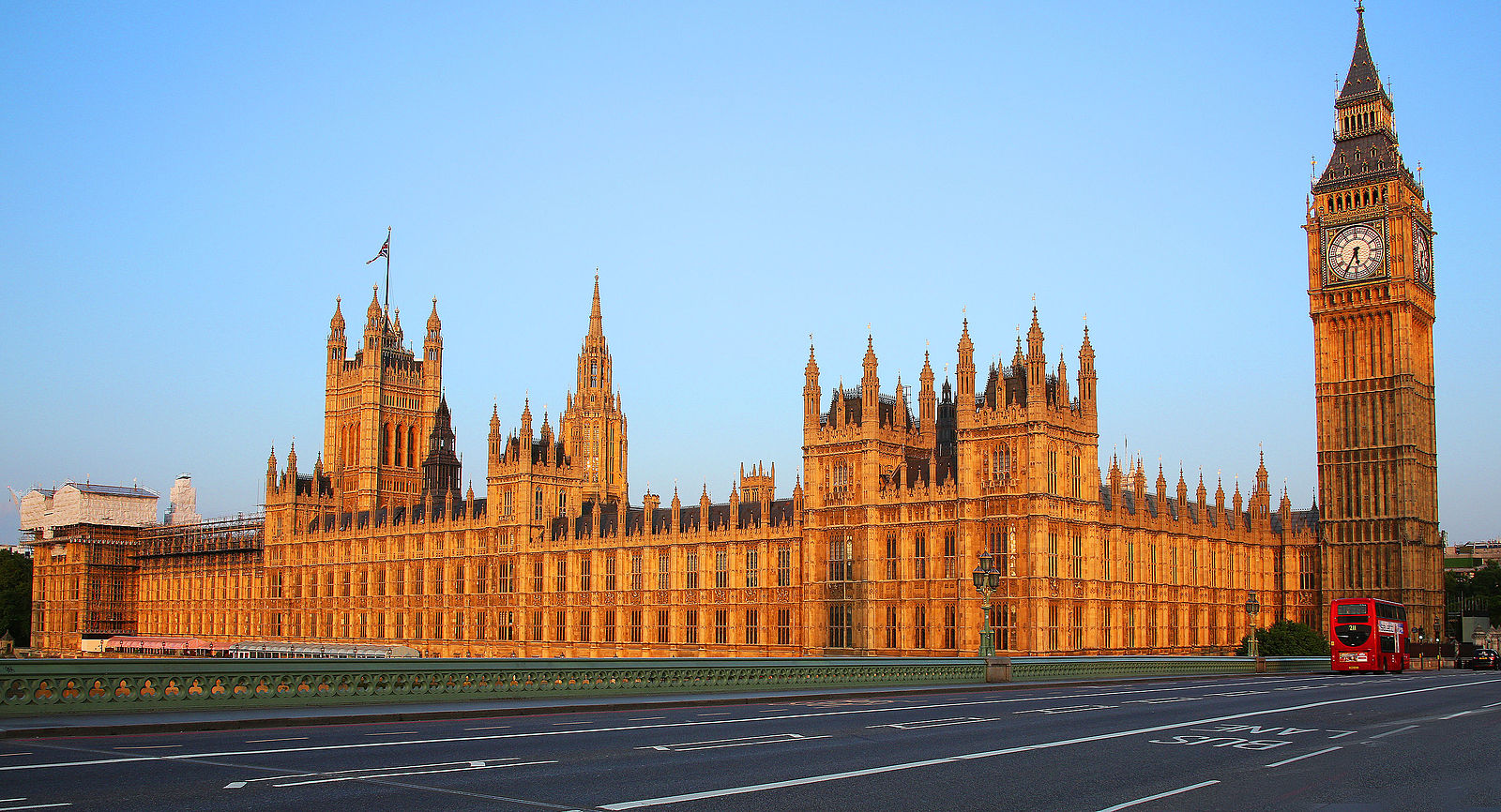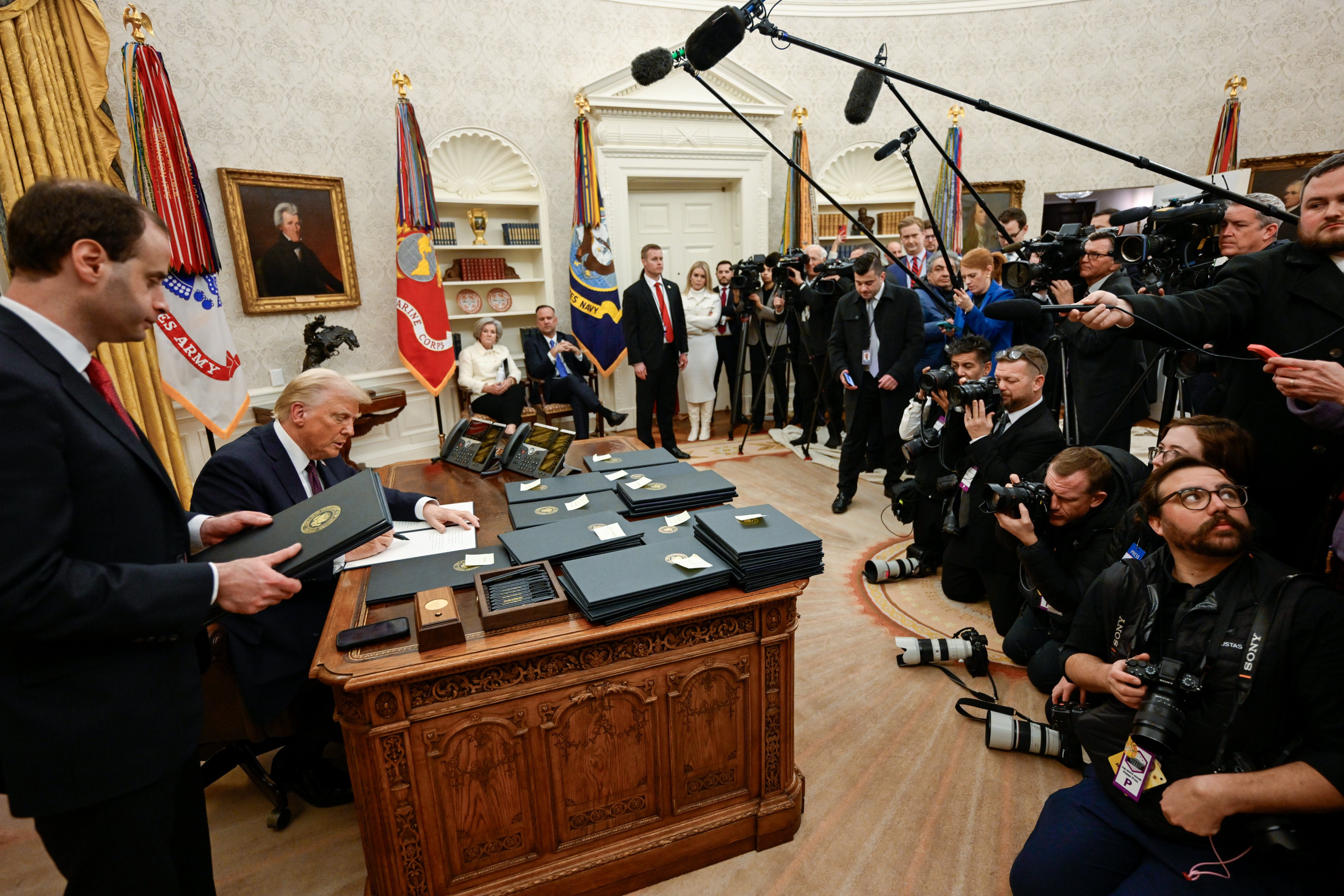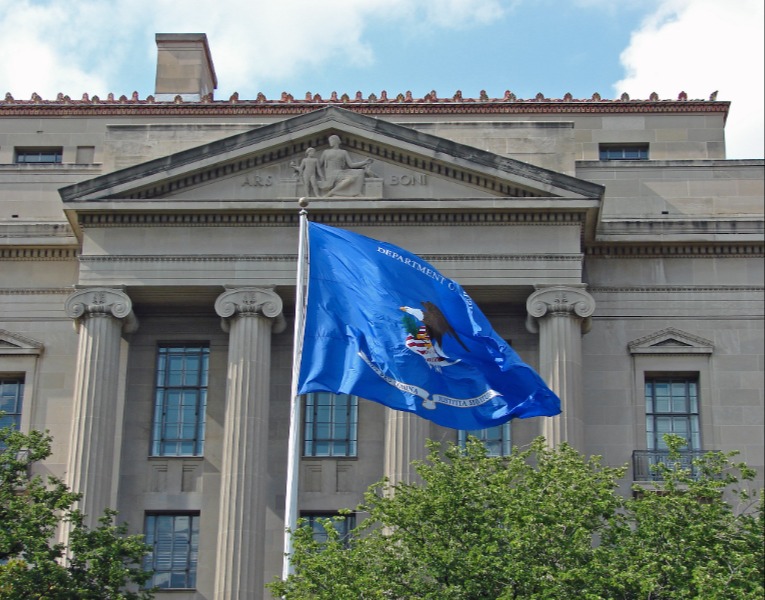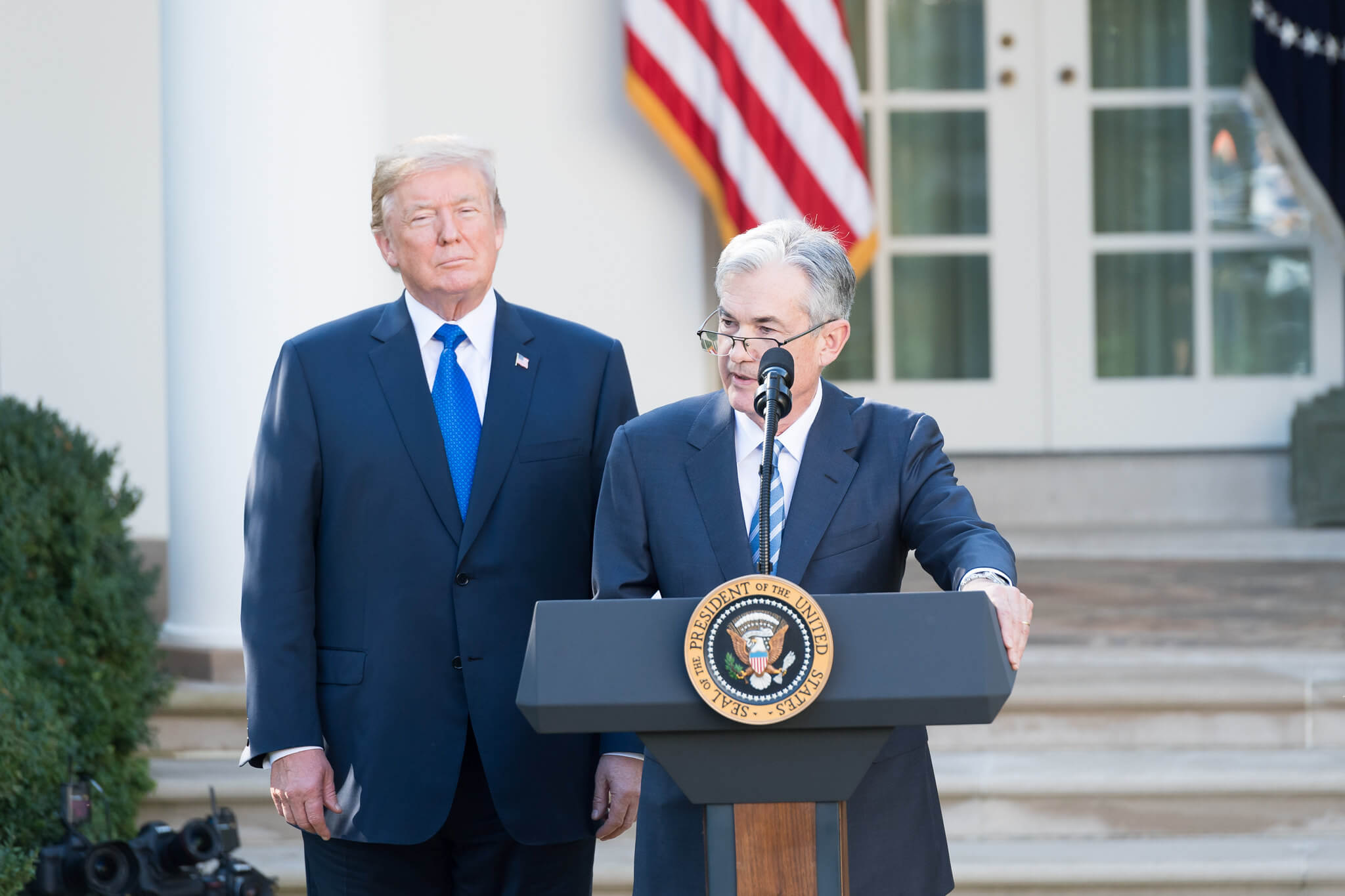The Brexit Endgame: Parliament Strikes Back
Editor’s Note: This article originally appeared on Order from Chaos.

Published by The Lawfare Institute
in Cooperation With

Editor’s Note: This article originally appeared on Order from Chaos.
On December 4, British Prime Minister Theresa May launched five days of parliamentary debate on Brexit that will culminate in a December 11 vote on the divorce deal she negotiated with the European Union. Her government suffered the worst series of parliamentary defeats on a single day in 40 years, as Westminster sought control of the process and injected further uncertainty into the tumultuous endgame.
What Just Happened?
On the opening day of Brexit debates, the government lost on two key issues:
- Members of Parliament (MPs) passed a motion—for the first time in history—that found the government in contempt, citing its refusal to publish the attorney general’s legal advice to cabinet on the withdrawal agreement. Members were particularly interested in the much-derided backstop for Northern Ireland, which eliminates the need for checks on the Irish border by keeping the U.K. in the EU customs union until the sides determine their future relationship. The six-page document, released on December 5, largely affirmed what was already known but fueled the fears of Brexiteers that the temporary arrangements could become permanent.
- If Westminster rejects the deal, May has 21 days to present a Plan B. MPs passed an amendment that enables Parliament to alter this plan. This could allow members who prefer a different approach, want a second referendum, or oppose a “no deal” exit to force debate on their proposals.
Didn’t a Court Say Brexit Could Be Stopped?
Also on December 4, the Advocate General of the European Court of Justice issued an advisory opinion that said the British government could unilaterally withdraw Article 50 notification of its intention to leave the EU. He rejected the government’s argument that the case was hypothetical and inadmissible, as well as the EU’s position that revocation required the backing of the other 27 member states. The court itself, which usually follows such non-binding advice, still needs to make a final ruling; this could happen before the Westminster vote.
Will the British Parliament Support the Deal?
On December 11, Parliament will hold a “meaningful vote” on the withdrawal agreement and the declaration on the future relationship. May doesn’t currently have sufficient support: All opposition parties oppose the deal; her coalition partner (Northern Ireland’s Democratic Unionist Party, DUP) doesn’t back it; and over 100 members of her Conservative Party have publicly expressed disapproval.
Can the U.K. Get a Better Deal from the EU?
If the vote fails, many MPs will expect May to tell EU leaders—whom she will meet on December 13 at a summit in Brussels—that she needs to renegotiate the deal. There is currently no indication the EU intends to change its position or extend Article 50 to allow time for another referendum or further talks. Leaders may consider amending the declaration on the future relationship, which reflects the starting point for negotiations that will begin after Brexit takes effect on March 29, 2019—not the final arrangement. The EU will need time to determine its response.
What Happens If Parliament Rejects the Deal?
If parliament fails to endorse the agreement, there are numerous scenarios (see helpful pieces in The Guardian and The Financial Times).
- Plan B: The government has 21 days to return to Westminster with next steps. This could include requesting an extension from the EU and trying to renegotiate the deal. MPs will clearly seek an active role in this process.
- Second parliamentary vote: The government could ask Parliament to vote again after three weeks, particularly if the EU agreed to tweak the deal. This is described as the TARP (Troubled Asset Relief Program) scenario, when American legislators adopted the 2008 financial bailout package on the second vote in the face of economic chaos.
- New prime minister: May could resign or Conservative MPs could force her out (if they muster sufficient support), requiring the party to choose a new leader.
- General election: May could call snap elections (with the support of two-thirds of parliament). Or the Labour Party could table a vote of no confidence; if successful, the parties would have 14 days to form a new government or there would be new elections.
- Second referendum: There have been calls from the public and some MPs for a “people’s vote.” However, it remains unclear what question would be posed (e.g., existing deal, no Brexit) or if there is sufficient time.
- No deal: The U.K. leaves the EU with no deal.





